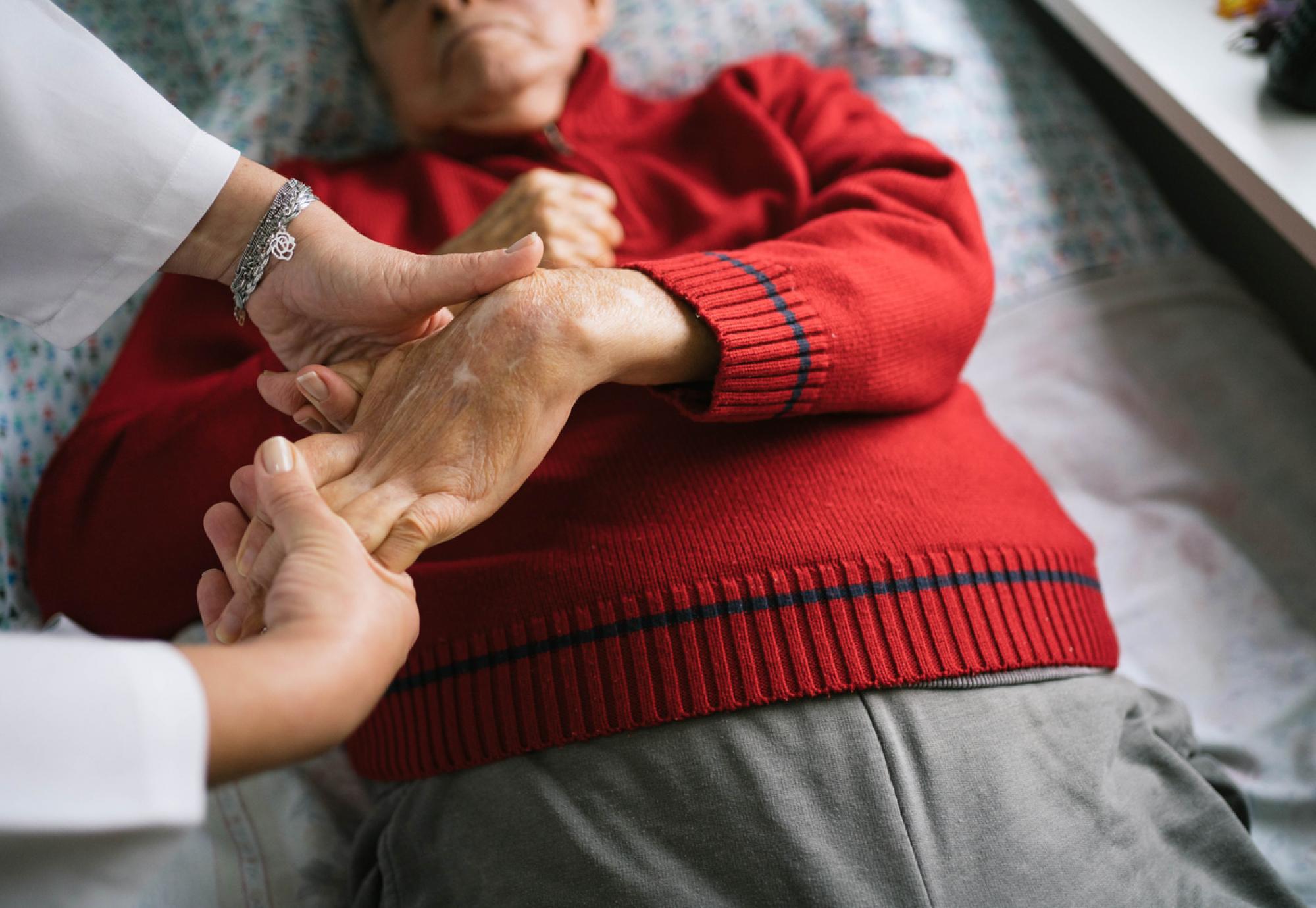Researchers are set launch a new study aiming to develop faster ways of diagnosing stroke by using biomarkers found in patients’ blood, urine and saliva.
Typically, ambulance personnel use symptom checklists to detect stroke with the full pathway including an assessment at a hyperacute stroke unit followed by a transfer to a specialist neuroscience unit for treatment.
This adds at least an hour to the whole pathway which can be crucial time lost as treatments like thrombolysis and mechanical thrombectomy are most effective when delivered within hours of the symptoms first taking hold.
By identifying biomarkers in blood, urine or saliva, the research team is hoping to expedite this process.
The study will be led by the University of Birmingham’s Antonio Belli, a professor in trauma neurosurgery.
Previous research from Professor Belli’s team found that the concentration of specific molecules in salvia changes quickly after a traumatic brain injury – this was then subsequently proved as a reliable biomarker in detecting concussions during a three-year study within elite rugby.
“Our previous studies detected ultra-early biomarkers and cellular responses that had never been reported in human studies before and resulted in a non-invasive diagnostic test that could change the way concussion is managed,” explained Prof Belli.
During the earlier tests, researchers discovered that salivary small non-coding RNAs (sncRNAs) could be used as a biomarker to distinguish between concussed and non-concussed patients.
This latest research will look to build on that discovery and will be the first to explore whether there are sncRNAs exclusive to stroke, which can help health professionals differentiate real stroke from conditions with similar symptoms, such as seizure or migraine which account for around 30-40% of emergency ambulance admissions for suspected stroke.
The researchers will also investigate whether biomarkers can separate the two main types of stroke – ischaemic and haemorrhagic – which call for very different treatments.
The former requires either thrombolysis or a thrombectomy, while the latter may need brain surgery.
The study, known as GHoST, will run for three years and is a collaboration between academic and NHS professionals in Birmingham alongside the West Midlands Ambulance Service University NHS Foundation Trust and the Midlands Air Ambulance Charity.
Funding is coming from the Stroke Association with study results expected in late 2026.
Image credit: iStock



















